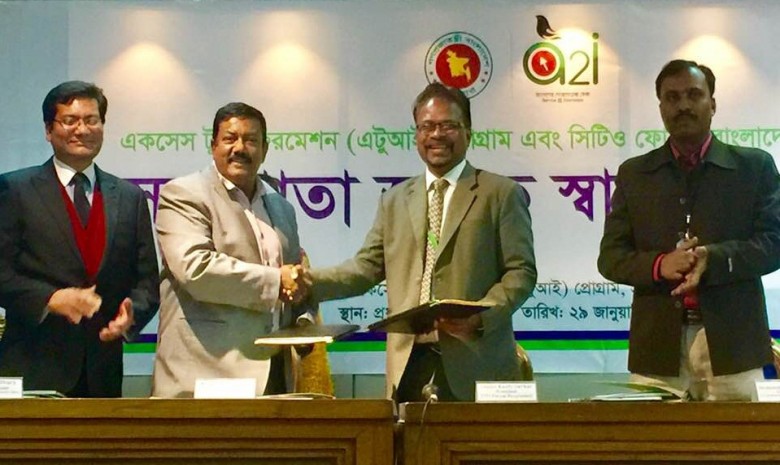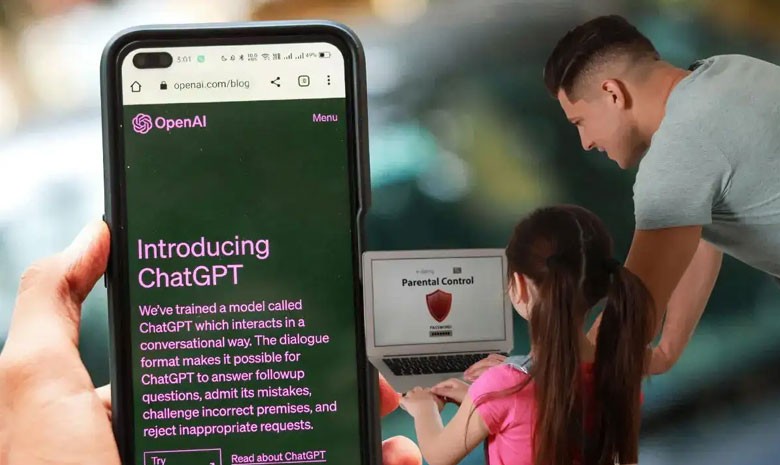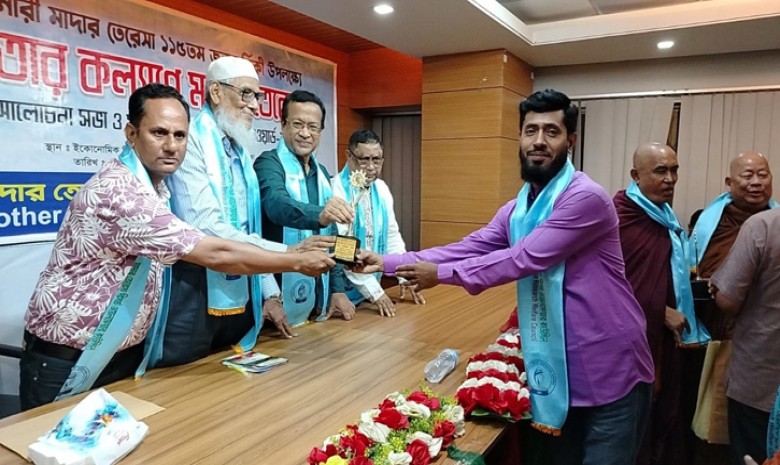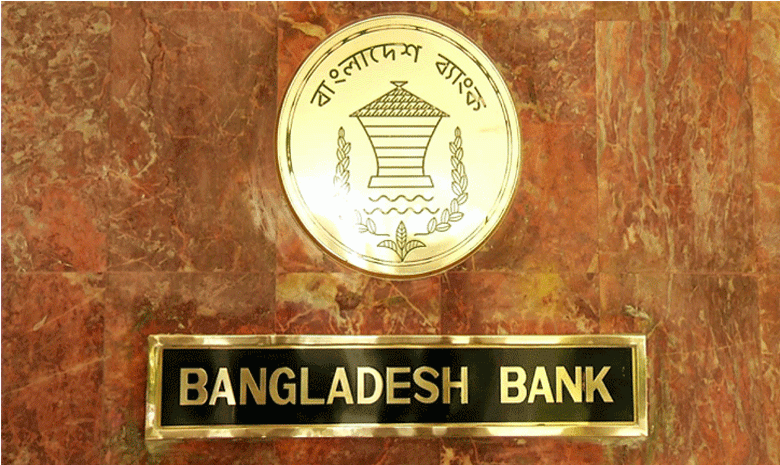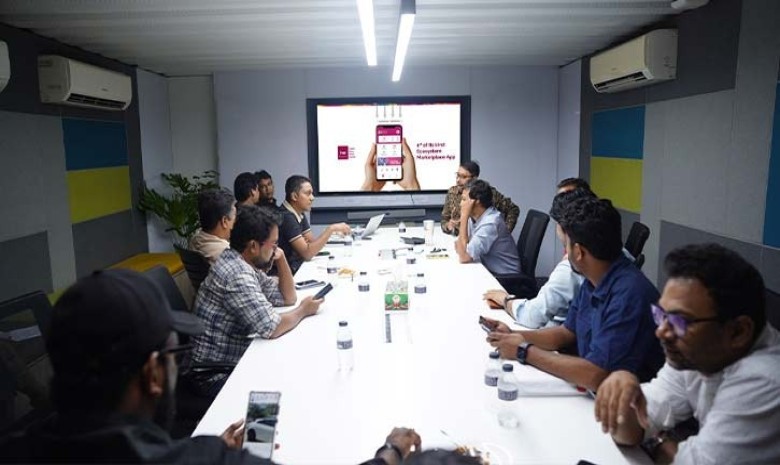The interim government is working to launch Elon Musk’s satellite-based high-speed internet service, Starlink, in Bangladesh within the next three months. However, its potential impact on local internet service providers and entrepreneurs in this middle-income country has sparked mixed reactions. Industry stakeholders and representatives of the Internet Service Providers Association of Bangladesh (ISPAB) suggest that Starlink’s entry could bring both opportunities and challenges to the sector.
In Bangladesh, broadband internet services currently rely on submarine cables, where bandwidth is transmitted through underwater fiber-optic cables. Mobile network operators and internet service providers (ISPs) then distribute this bandwidth to users. In contrast, Starlink delivers internet services directly via satellites, bypassing the need for traditional cable infrastructure.
According to SpaceX, the parent company of Starlink, their internet service is provided through a constellation of thousands of satellites in low Earth orbit (LEO), rather than traditional geostationary satellites that orbit at 35,786 kilometers. This extensive satellite network enables Starlink to deliver high-speed internet service worldwide.
Technology experts suggest that with Starlink’s arrival in Bangladesh, high-speed internet will become easily accessible in remote areas. This could bridge the gap between rural and urban internet access. People from all backgrounds will be able to use high-speed internet in rural areas for outsourcing, freelancing, and other online work. As a result, the existing digital divide in the country may narrow.
According to the BTRC guidelines, non-geostationary satellite orbit (NGSO) service providers can only offer broadband internet services, Internet of Things (IoT), machine-to-machine communication, earth station in motion, and backhaul services for each site with BTRC approval. When asked for a comment on this, ISPAB President Imdadul Haque told TechWorld Bangladesh, "We have been providing broadband internet services across the country. Our services are only absent in remote and hilly areas. Besides that, we have a visible presence everywhere. We have been providing high-quality internet services with fiber. The internet service we offer for 500 taka is not for Starlink’s customers. Their customers will be corporate clients. Starlink plans to target this specific customer segment in the country. Corporate clients are already part of our network, so there will be competition in offering internet services to this group. That said, we welcome world-class technologies like Starlink in a country like Bangladesh. However, it's crucial that the businesses of local internet entrepreneurs are protected. By operating our businesses, we ensure that the country's money stays within the country. If the BTRC guidelines don't offer adequate protection for local entrepreneurs, the country’s revenue could flow abroad. As for the potential benefits to the country, only time will tell. While Starlink’s services could be useful in remote areas where our broadband services have yet to reach, widespread approval across all areas may pose a challenge to local entrepreneurs' businesses.''
Faisal Alim, the convener and chief organizer of the United ICT Forum, told TechWorld Bangladesh, "Starlink promises to bring a new future for Bangladesh. However, I believe it won't have a significant impact as a personal service for individual customers. Due to its high cost, it may not be accessible or appealing to the average consumer. In Bangladesh, we already have good internet services for as little as 500 taka. In contrast, such an expensive service may not be affordable for everyone. From this perspective, Starlink's benefits as a consumer service will be limited. However, as a B2B solution, it could be a milestone for the country. As an advanced technology, I have concerns about its pricing for individual consumers. That said, it may provide a unique advantage in freelance and corporate services at the individual level."
Fahim Mashroor, co-convener of the Voice for Reform Platform and founder of Bdjobs, told TechWorld Bangladesh, "For those of us living in the capital, Starlink’s internet service isn’t that essential. We already have broadband internet, and connectivity is widespread in the city. As a result, this service won't offer us any significant additional benefits. However, it will be particularly useful for people in remote areas across the country where broadband has not yet been introduced, and where they rely on mobile data for important tasks. Furthermore, 4G mobile networks are often unreliable. For those working in freelancing in remote regions, high-speed internet would be a significant advantage. As Starlink is a satellite-based service, it can bring internet access to these underserved areas. With the current challenges regarding internet service quality in the country, satellite service will provide an alternative for those seeking better internet. Given these considerations, I see Starlink’s internet service in a positive light."
Rafael Kabir, Chairman of BASIS's Associate Committee, told TechWorld Bangladesh, "Starlink’s internet service will provide top-notch quality, as it is a world-class, cutting-edge technology. This service will be essential for those in our country's software and outsourcing industries, particularly those working with foreign companies on software imports, exports, and outsourcing. It will significantly benefit them. However, since Starlink is a foreign company, a large portion of the country’s currency will flow abroad. On the positive side, this high-speed internet will also enable software imports, exports, and outsourcing, which could help generate foreign currency earnings from abroad."
When asked whether Starlink, the U.S.-based satellite internet service provider, would benefit the local satellite industry and broadband service providers, Dr. Muhammad Imadur Rahman, Managing Director of Bangladesh Satellite Company Limited, told TechWorld Bangladesh, "On behalf of Bangladesh Satellite Company Limited, we welcome the introduction of Starlink’s internet service in Bangladesh. The arrival of this world-class internet service will create new opportunities for internet connectivity in the country, offering an additional avenue alongside the Bangladesh Satellite network. Currently, some areas have broadband internet and optical fiber connections, others rely on mobile networks, and some places have no connectivity at all. In these underserved areas, Starlink’s internet service could be a viable solution. While the exact pricing for consumers cannot be confirmed yet, we anticipate that once Starlink’s service is launched, it will introduce a level of competition among local internet service providers."
At a discussion on internet services in the country, Faiz Ahmad Taiyeb, Special Assistant to the Chief Adviser, stated, "Starlink will provide uninterrupted, high-speed internet across Bangladesh’s cities, remote areas, northern regions, and coastal zones, ensuring it remains unaffected by load shedding or natural disasters. This will guarantee continuous and high-quality service. Given the limited coverage of telecom-grade fiber networks in Bangladesh and the ongoing load shedding issues in many remote areas, Starlink will play a key role in enhancing the daily operations of our entrepreneurs, freelancers, NGOs, and SME businesses, while also boosting digital economic initiatives."
On February 13 of this year, a discussion took place between Professor Muhammad Yunus, Chief Adviser to the Interim Government, and Elon Musk, founder of SpaceX and owner of Tesla and X, regarding the potential launch of Starlink satellite internet in Bangladesh. Following this, on February 19, Professor Yunus extended an invitation to SpaceX CEO Elon Musk to visit Bangladesh and urged the launch of Starlink satellite services in the country. In response, the government is working towards completing the necessary preparations within the next 90 working days to enable the launch of Starlink in Bangladesh.
Total views: 1892



